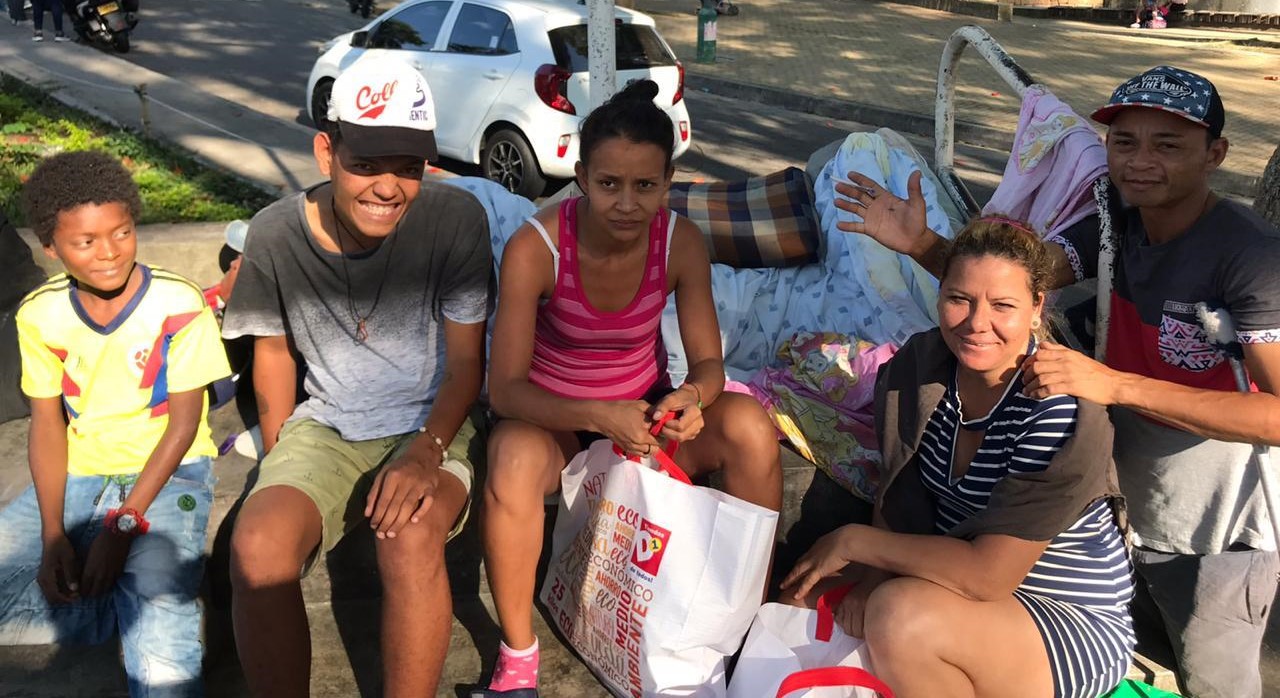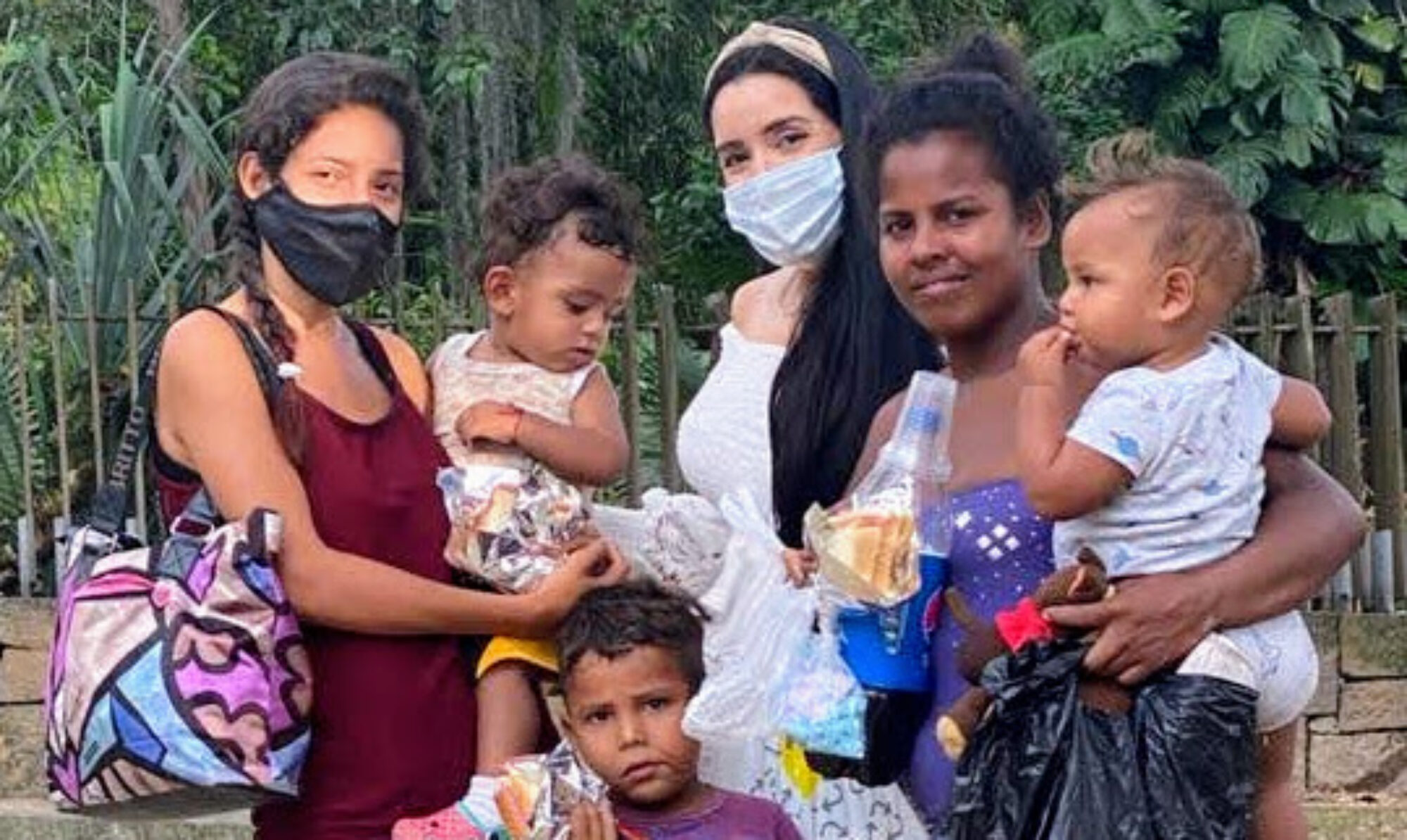The COVID-19 pandemic, crime and corruption resulted in many setbacks to our little program. Volunteers were understandably concerned about the virus and it did not help that some of them ended up sick and at home ….. and even in the hospital.
One of the volunteers was robbed while out on the street. Without a mobile phone, communications were impossible. Another was robbed by a taxi driver and not only were all of her valuables stolen, but also her identity cards and passport were taken as well.
Then there were the corrupt police. In South America the police can require you present your identification anywhere and anytime. Probable cause is not required.
The government has an app for the police to use on their mobile phones to enter the date, time and place as well as the identification number of everyone they check. If someone does not have their identification or it is expired, they can be “detained” for further investigation.
The police will then requires a “fine” be paid, which of course must be in cash only. Sometimes it gets worse, especially for the ladies.
The police also routinely surround parks and other places refugees congregate. The refugees often are begging or selling candy, fruit, snacks and and anything else in the streets to get by.
The police physically push them out and often damage or destroy whatever they may have in the process.
When this program began, we asked our volunteers to take pictures of the food and personal care items distributed to the refugees to demonstrate what they were doing. If the refugees were unwilling to be photographed, that was fine too. Most however were surprised that Americans cared enough to help them and were pleased at what they received but embarrassed that they are in such dire straights.
Keep in mind the majority of Venezuelan refugees are good people that work hard. Many have educations and skilled trades and are only fleeing their country because of the political chaos and economic strife caused by others.
It is not uncommon to find engineers, teachers, electricians, nurses, plumbers and the like living on the streets with their families. They never anticipated their country, which at one point was the wealthiest in South America, would collapse into the abyss.
Taking photos on the street became riskier as crime rates soared. Holding a mobile phone up to take photos while out on the street was an invitation to be robbed, so this was limited.
We had asked our volunteers to only go out during the day and to places they were comfortable going. And we also suggested they never go out alone.
As a result, we did not have a lot we could share.


